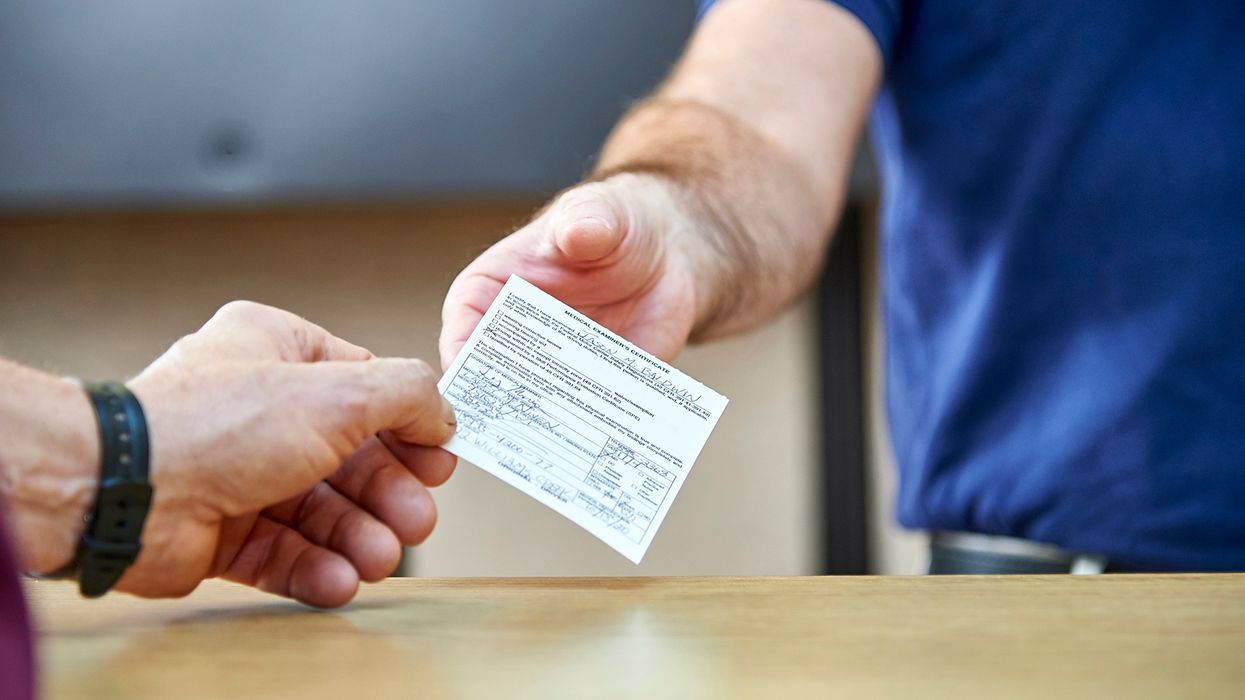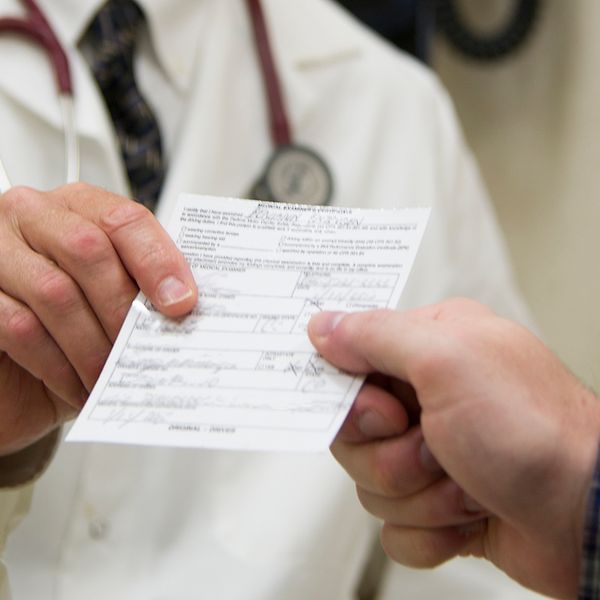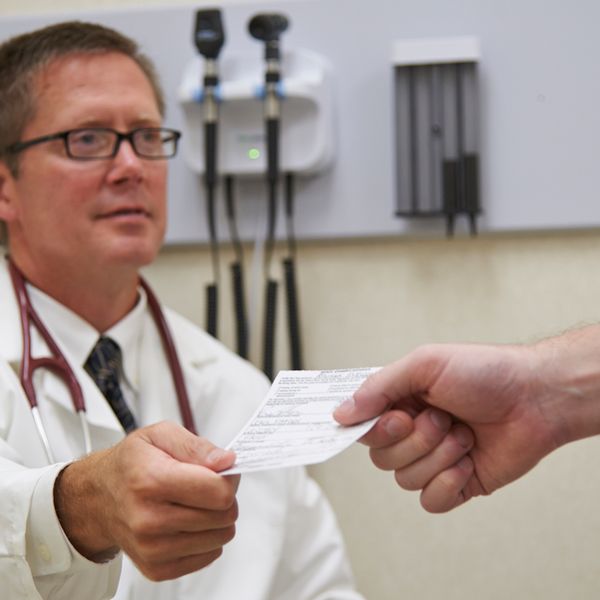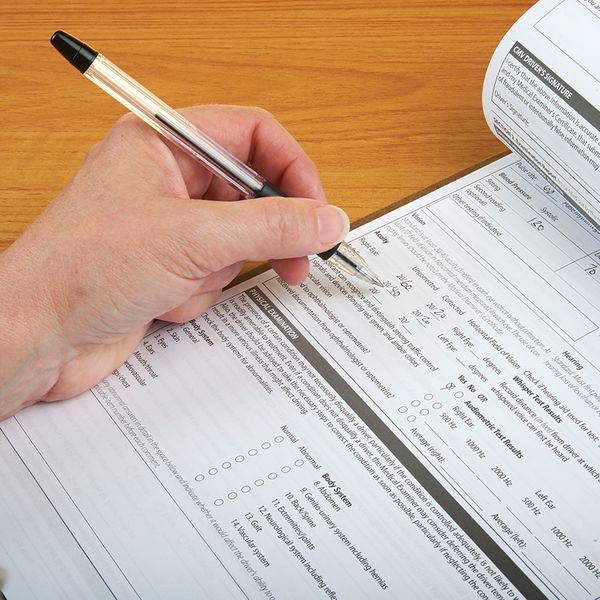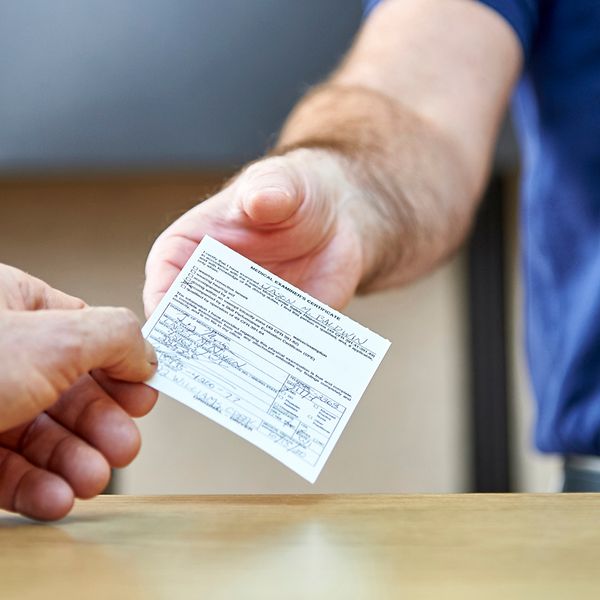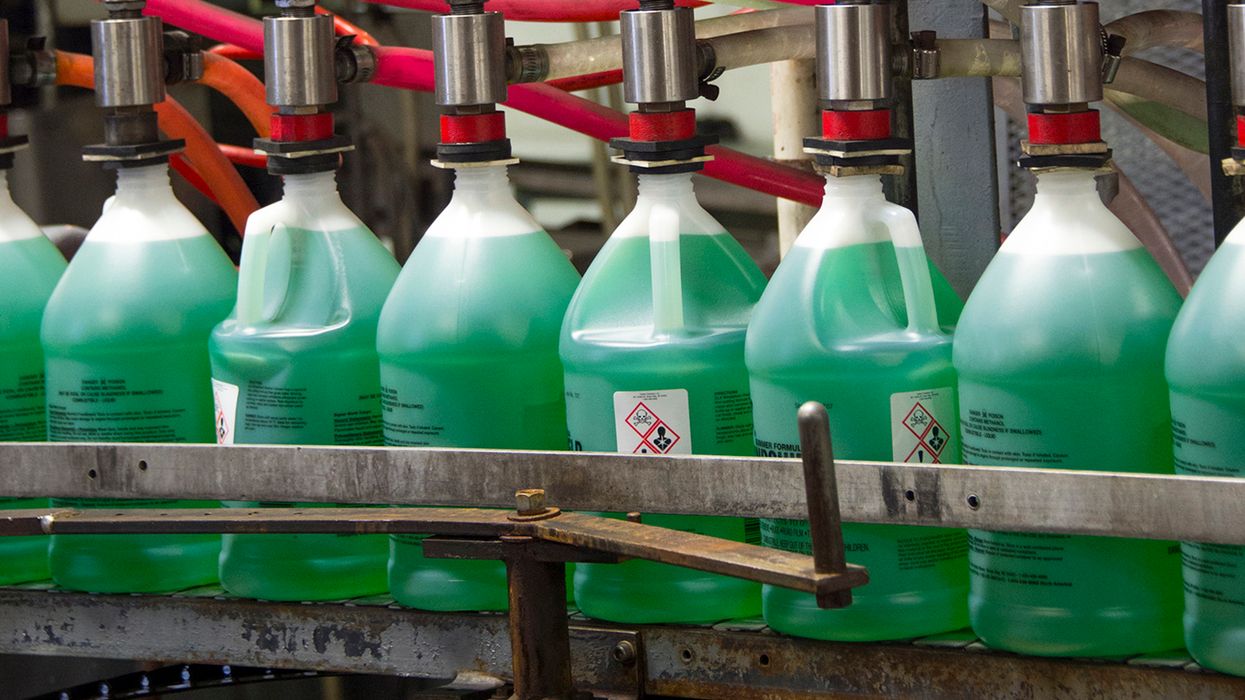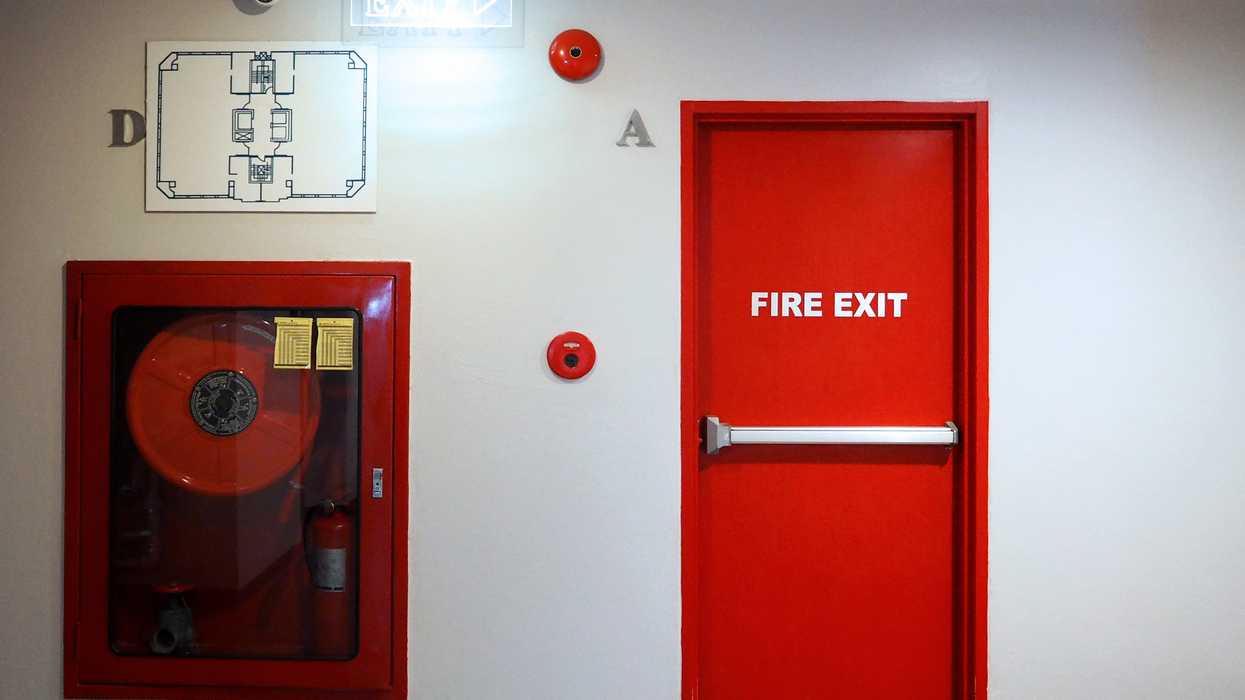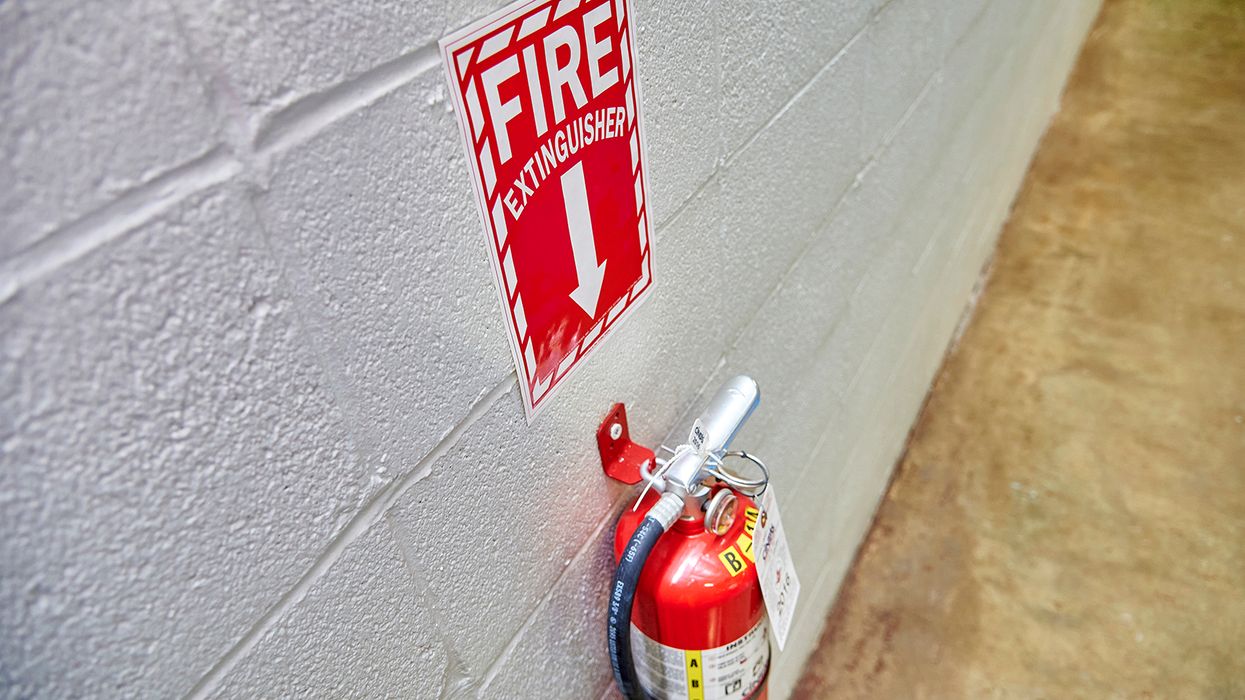Five actions to reduce driver medical qualification risks
Commercial motor vehicle (CMV) drivers must pass a physical with a certified medical examiner (CME) from the National Registry of Certified Medical Examiners (NRCME).
The CME must follow regulations in 391.41 and Federal Motor Carrier Safety Administration (FMCSA) Medical Advisory Board (MAB) guidance and criteria. A medical card represents a CME’s opinion that the driver’s health was acceptable during the exam.
However, carriers are ultimately responsible, per FMCSA under 391.45 interpretations, for medically qualified drivers and should minimize their potential liability for someone else’s decision.
The following are five medical certification questions, answers, and actions to reduce the associated risk.
1. What are the top reasons drivers are disqualified or put on one year or less medical cards?
Drivers must be conscious and alert to operate a CMV safely. The conditions below are frequent reasons for permanent disqualification, a waiting period before recertification, or a one-year or shorter card:
- Heart disease
- Stroke or seizures
- High blood pressure
- Non-insulin-controlled diabetes
- Respiratory dysfunction or sleep apnea
- Poor vision
There are only two absolute disqualifying conditions, poor hearing and seizures. CMEs must exercise judgment to certify a driver for all other conditions. Carriers must place a lot of trust in examiners.
Action: Allow only certifications from carrier-approved medical examiners.
2. What percentage of drivers receive two-year medical cards?
Recent FMCSA statistics show that 60 percent of drivers receive two-year medical cards, and 40 percent receive a one-year card or less for their condition(s) to monitor them. Some data indicate that drivers with two-year cards have a lower crash and violation risk than drivers with 12-month or less cards.
A significant percentage of drivers have serious medical conditions and may have a higher risk of crashes.
Action: Implement wellness programs for drivers with common health conditions.
3. Does a driver need a new physical when they return to work after medical leave?
The rules do not require a new physical unless:
- The individual’s ability to perform their duties is in question per 391.45(g), or
- Their current card has expired.
A CME can never extend a card beyond the certification date for any reason.
Action: Send a driver to a CME for an exam rather than accept a treating provider’s opinion.
4. If a new driver has a current medical card, can we accept it at the time of hire?
A carrier may accept but is not required to accept a medical card rather than send the driver for a new physical exam.
An employer who accepts a new hire’s existing medical card is taking on the risk of exam errors or disqualifying conditions since the last exam.
Action: Require a carrier-approved examiner to perform a new exam.
5. Who is liable if a driver’s medical condition may cause a crash?
Liability after a crash depends on the circumstances and what a court decides. The carrier, the driver, or the CME may be a target for a plaintiff’s attorney.
Even though a CME may certify a driver for up to two years, a driver’s medical condition could contribute to a crash for which the carrier must pay damages.
Actions: Use carrier-approved medical examiners and implement wellness programs.
Key to remember: There is potential liability if a driver operates a CMV with a physical or mental condition or injury that could compromise safe driving. Take appropriate actions to minimize risk.

